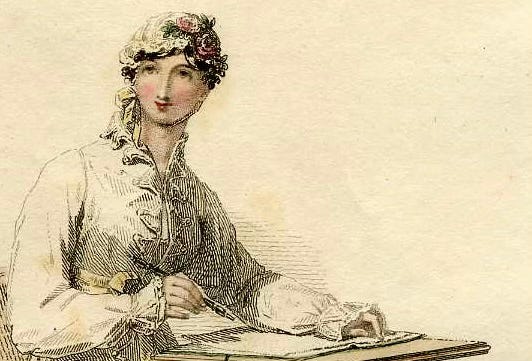This is one of those words to make you lean in, jump your chair closer to listen with attention. When someone says, ‘I want to candidly say…’ you’re all ears. Are you going to hear a confession? A revelation? Or perhaps something you don’t want to know? But in Jane Austen’s day the word did not mean frank or outspoken.
Doctor Johnson’s famous dictionary, published in 1755, states that the word candid means ‘free from malice; not desiring to find fault’, and Jane Austen’s use of the word took this meaning also.
In this example, some free indirect speech from Elinor in Sense & Sensibility, when she’s trying to decide what to think about Edward’s odd behaviour.
‘…she was very well disposed on the whole to regard his actions with all the candid allowances and generous qualifications, which had been rather more painfully extorted from her, for Willoughby’s service, by her mother.
In other words, Elinor is prepared to make allowances for Edward’s strange behaviour. She excuses him without judgm…




